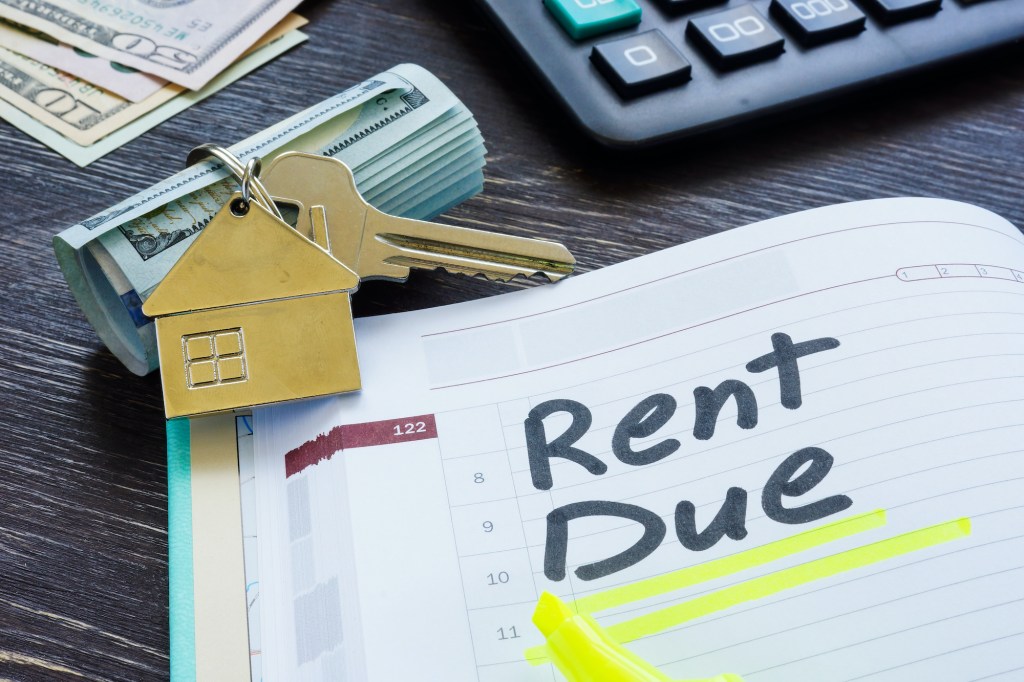Multifamily rent growth remains strong but is showing signs of slowing, according to the latest Yardi Matrix Multifamily Report. The average U.S. asking rate increased by $10 in July—the lowest increase since January—to a record $1,717. Year-over-year growth decelerated by 110 basis points to 12.6%, which is 260 basis points off February’s peak of 15.2%.
“Rent growth remains lofty just about everywhere by historical standards, but the rate of increase in high-growth metros is falling,” stated Yardi Matrix analysts.
Year-over-year rent growth increased at least 10% in 24 of Yardi Matrix’s top 30 markets. However, while year-over-year rent growth is still high in markets like Florida’s Orlando, 20.2%; Miami, 19.5%, and Tampa, 17.4%, the rates dropped 3 to 4 percentages points compared with the previous month.
“The moderating rent growth may be a product of an inevitable return to the mean, coincidental to the suddenly slowing economy, or some combination of the two,” according to the report.
National occupancy rates remained firm at 96% for the third month in a row, but Yardi Matrix is finding that they are declining in some high-growth metros due to a robust number of new deliveries and a slowdown in net migration.
Month over month, national asking rents increased 0.6% in July, 60 basis points lower than the prior month’s increase. In addition, asking rents rose in 25 of Yardi Matrix’s top 30 metros last month. Raleigh, North Carolina, and California’s Orange County saw the highest month-over-month increase at 1.4%, followed by Atlanta at 1.2%. The metros with the highest decreases included Orlando at -0.1%, Miami and the Twin Cities at -0.3%, and California’s Inland Empire at -0.6%.
Rents for single-family rentals (SFR) also stayed steady in July, rising 11.2% year over year. The average national asking rent increased $7 last month to $2,092. According to Yardi Matrix, 21 of its top 35 metros experienced year-over-year rent growth of 10% or more, with the highest increases in Orlando, 43.3%; Nashville, Tennessee, 21.5%; and Miami, 20%.
However, Yardi Matrix said it expects rent growth for single-family rentals to moderate as the economy weakens.
“The SFR sector will be impacted by rising interest rates as higher financing costs and fewer home sales will likely reduce the acquisition pipeline,” the report stated. “However, demand should remain firm as consumers who can no longer afford to purchase a home are likely to turn to the SFR sector.”
